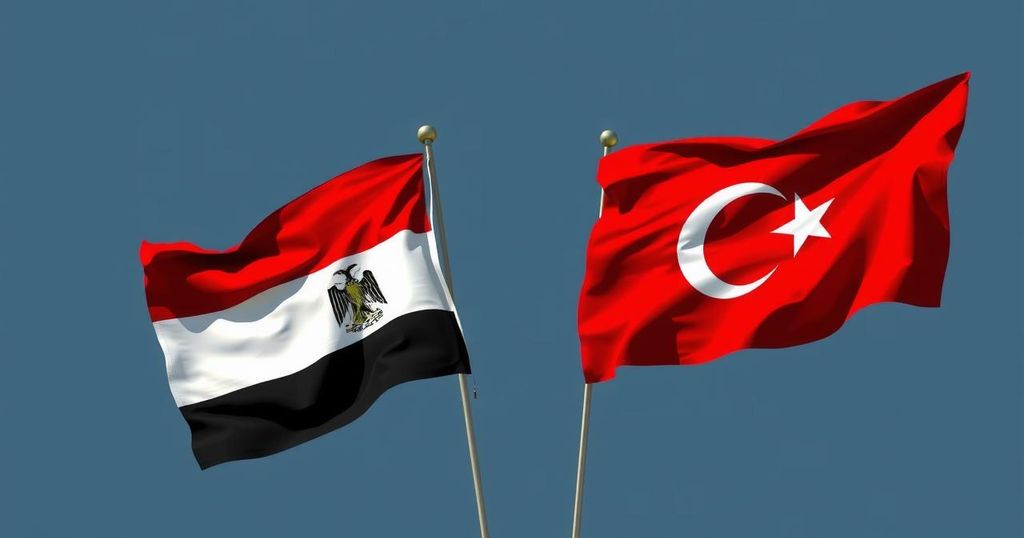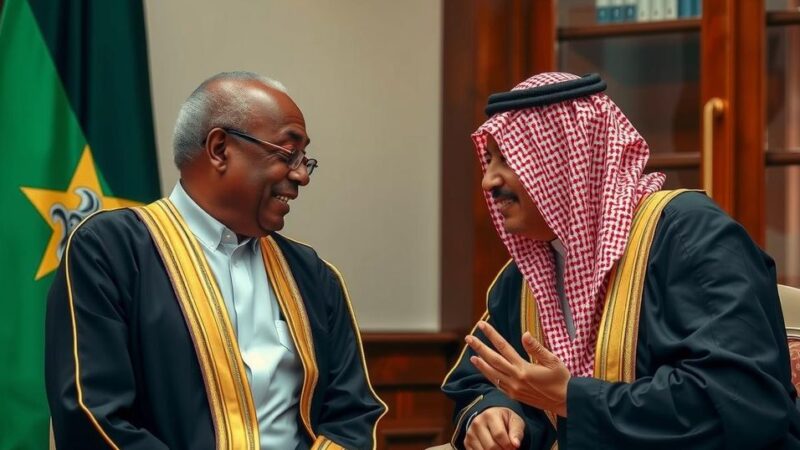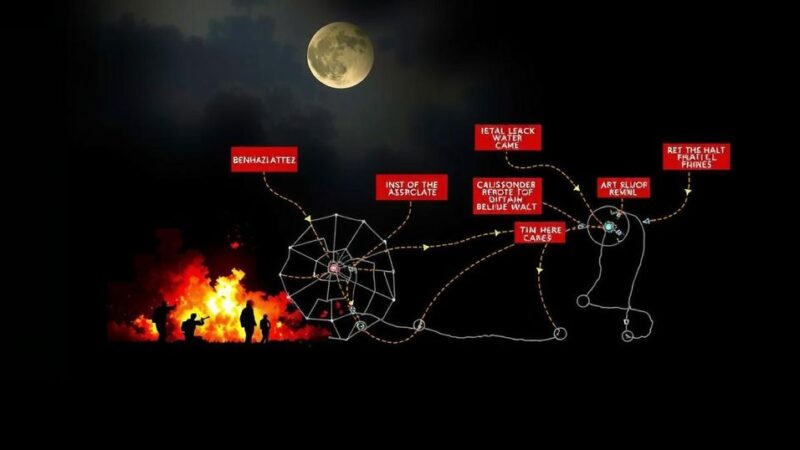Egypt and Turkey’s improved relations signal potential for peace among rival Libyan factions. Following a crisis over the control of the central bank that paused oil exports, both nations are now committed to collaboration to foster political stability in Libya. This cooperation is driven by economic needs, with both countries facing crises and seeking to leverage their respective influences for mutual benefit.
The recent warming of relations between Egypt and Turkey, which have historically backed opposing factions in Libya, presents a significant opportunity for reducing tensions within the North African nation. Following a major dispute regarding the control of Libya’s central bank that temporarily halted oil exports, the situation appears to be stabilizing, although experts caution that residual issues remain. Jalel Harchaoui of the Royal United Services Institute noted, “This was a serious crisis,” indicating that while the immediate crisis has been addressed, further challenges persist. In a press conference held last month in Ankara, Egyptian President Abdel Fattah al-Sisi and Turkish President Recep Tayyip Erdogan underscored their commitment to collaborative efforts, stating, “We agreed to consult between our institutions to achieve security and political stability.” This shift marks a departure from the previous rivalry, in which Egypt supported Khalifa Haftar’s eastern administration and Turkey backed the Tripoli-based Government of National Unity. As both countries face severe economic crises, the mutual economic advantages of cooperation in Libya are increasingly clear. Aya Burweila, a Libyan security analyst, highlighted the significance of the economic motivations driving the renewed ties by stating, “They’ve figured out a way to divide spheres and work together.” In this context, Turkey seeks to leverage Egypt’s influence over Haftar while Cairo pushes for the removal of the Ankara-backed Prime Minister Abdul Hamid Dbeibeh. Despite their differing interests, Harchaoui remarked on the shared commitment between the two nations for ongoing communication, emphasizing the need for concrete outcomes from their dialogues.
The complexity of Libya’s political landscape is underscored by the involvement of Egypt and Turkey, two nations that have historically supported rival factions within the country. The eastern administration, led by Khalifa Haftar, has received support from Egypt, while Turkey has aligned itself with the western Government of National Unity based in Tripoli. The recent negotiations between these two powers suggest a potential shift towards collaboration, aimed at stabilizing Libya amidst its internal struggles and geopolitical dynamics, particularly in light of ongoing economic challenges faced by both Egypt and Turkey.
The rapprochement between Egypt and Turkey is a promising development that may contribute to the stabilization of Libya. By fostering cooperation and mutual economic interests, both nations seem poised to influence the political landscape positively. However, the success of these efforts will depend on their ability to navigate complex local dynamics and deliver tangible results in easing tensions and promoting peace among Libya’s factions.
Original Source: www.rfi.fr






